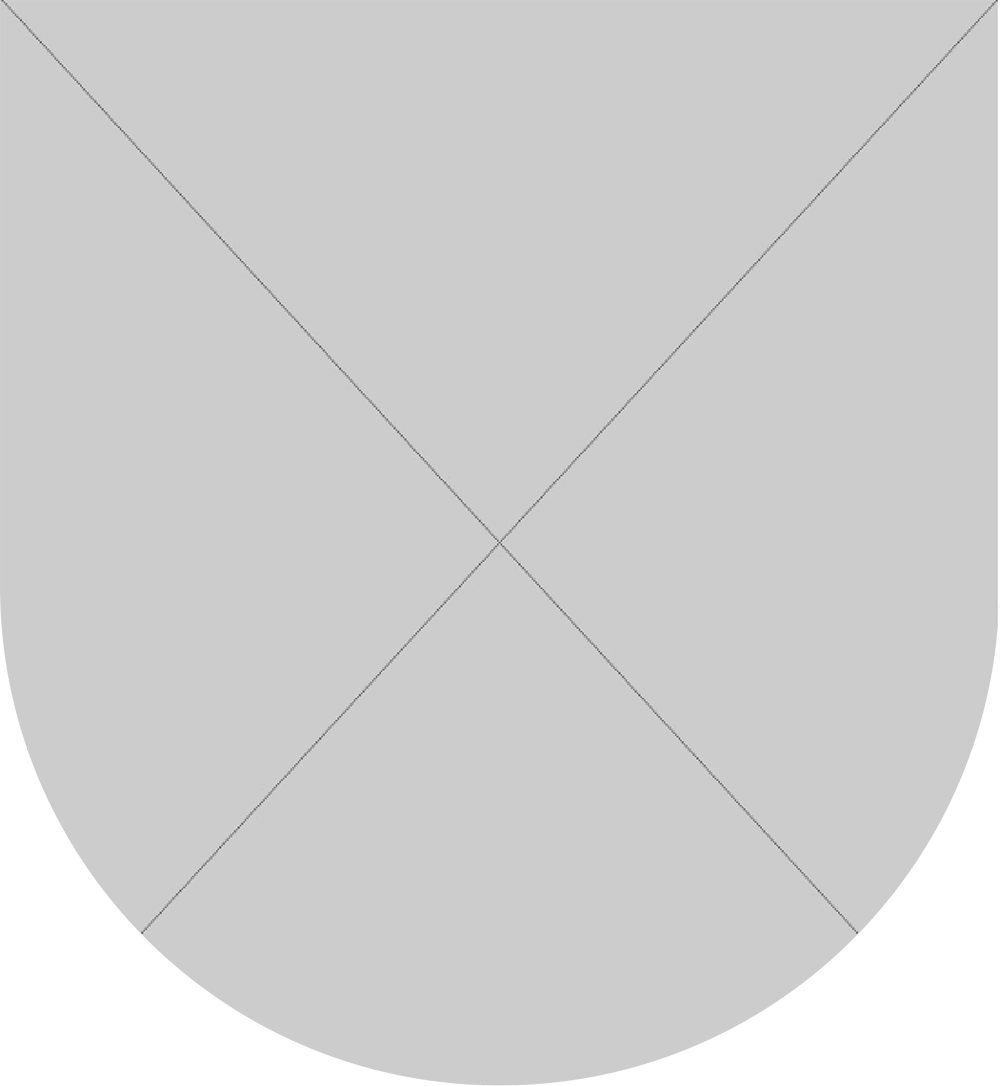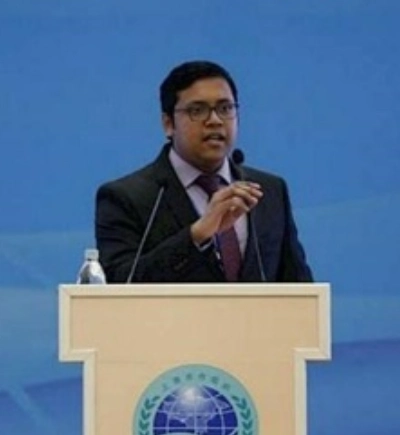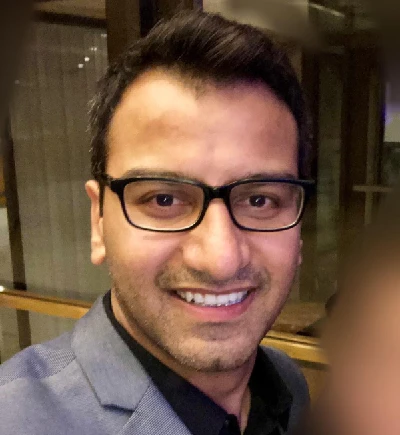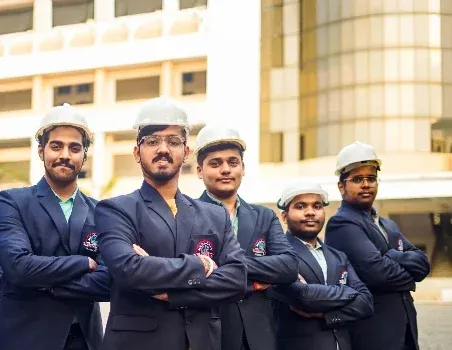PROGRAMS
B.Tech. CE - Civil Engineering
-
Faculty Engineering
-
Department Civil Engineering
-
Duration 8 Semesters (4 Years)
Eligibility Criteria
12th Passed with: Physics + Mathematics + Chemistry
Program Overview
B.Tech in Civil Engineering is a four-year undergraduate program that prepares students for the planning, design, construction, and maintenance of safe and sustainable infrastructure.
The program helps develop skilled civil engineers who can create sustainable and efficient solutions for modern infrastructural challenges. Students from one of the top universities for btech in civil engineering begin with introductory topics such as engineering mechanics, surveying, construction materials, and fluid mechanics. In later semesters they focus on topics such as structural analysis, geotechnical engineering, transportation engineering, environmental engineering, and smart city planning. Practical training through lab work, design projects, and fieldwork ensures students gain hands-on experience.
Graduates of the B.Tech Civil Engineering program are well-equipped to pursue careers in a variety of roles such as structural engineers, construction engineers, geotechnical engineers, transportation engineers, environmental engineers, or project managers.
Course Curriculum
Programme Outcomes (POs)
POs-1
Engineering knowledge:
Apply the knowledge of mathematics, science, engineering, fundamentals, and an engineering specialization to the solution of complex engineering.
POs-2
Problem Analysis:
Identify, formulate, review, research literature, and analyze complex engineering problems reaching substantiated conclusions using first principles of mathematics, natural sciences, and engineering sciences.
POs-3
Design / Development of Solutions:
Design solutions for complex engineering problems and design system components or processes that meet the specified needs with appropriate consideration for the public health and safety, and the cultural, societal, and environmental considerations.
POs-4
Conduct Investigations of Complex Problems:
Use research-based knowledge and research methods including design of experiments, analysis and interpretation of data, and synthesis of the information to provide valid conclusions.
POs-5
Modern Tool Usage:
Create, select, and apply appropriate techniques, resources, and modern engineering and IT tools including prediction and modeling to complex engineering activities with an understanding of the limitations.
POs-6
The Engineer and Society:
Apply reasoning informed by the contextual knowledge to assess societal, health, safety, legal and cultural issues and the consequent responsibilities relevant to the professional engineering practice.
POs-7
Environment and Sustainability:
Understand the impact of the professional engineering solutions in societal and environmental contexts, and demonstrate the knowledge of, and need for sustainable development.
POs-8
Ethics:
Apply ethical principles and commit to professional ethics and responsibilities and norms of the engineering practice.
POs-9
Individual and Team Work:
Function effectively as an individual, and as a member or leader in diverse teams, and in multidisciplinary settings.
POs-10
Communication:
Communicate effectively on complex engineering activities with the engineering community and with society at large, such as, being able to comprehend and write effective reports and design documentation, make effective presentations, and give and receive clear instructions.
POs-11
Project Management and Finance:
Demonstrate knowledge and understanding of the engineering and management principles and apply these to one’s own work, as a member and leader in a team, to manage projects and in multidisciplinary environments.
POs-12
Life-long Learning:
Recognize the need for, and have the preparation and ability to engage in independent and life-long learning in the broadest context of technological change.
Programme Specific Outcomes
PSO-1
Applying knowledge of applied sciences and engineering for analyzing and solving civil engineering problems.
PSO-2
Application of civil engineering concepts concerning, ecology, energy conservation and management.
PSO-3
Software based planning and execution of civil engineering projects applying relevant codes of practice for materials and techniques.
Career Path

Alumni
Admissions
Faq's
Civil engineering is the discipline that deals with the design, construction, and maintenance of infrastructure like buildings, roads, bridges, and water systems.
Graduates can work as civil engineers, structural engineers, project managers, or consultants in construction companies, public works, and urban development.
Core subjects include structural engineering, geotechnical engineering, transportation engineering, environmental engineering, and construction management.
Yes, students engage in field surveys, construction site visits, and practical projects to gain real-world experience.
Students learn to use industry-standard software like AutoCAD, STAAD Pro, and Revit for design and analysis purposes.
Start your journey with Medicap
Contact

Phone
+ 917313111500


























